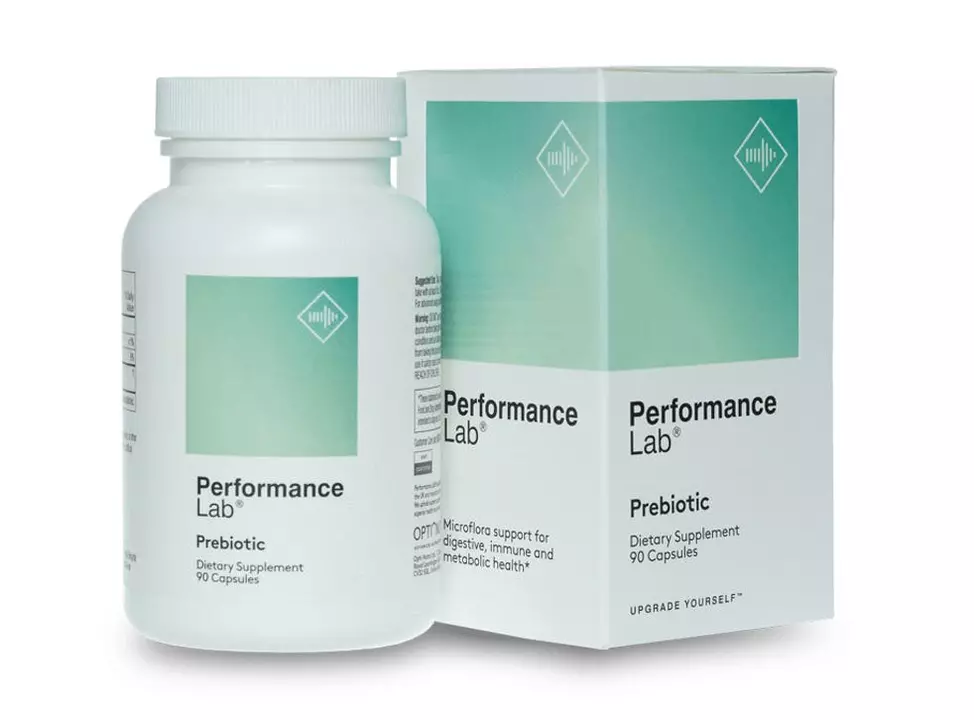Conception: Safe Medication Tips Before You Try to Get Pregnant
Thinking about conception? Before you stop contraception, check every medicine, supplement, and even topical product you use. Some drugs help, others can harm a developing embryo in the first weeks—often before you know you’re pregnant. This guide gives clear, practical steps you can take right now to reduce risk and improve your chances.
Medications to check first
Start by making a list of prescription drugs you take. Strong items to flag include acne medicines like isotretinoin, blood thinners such as warfarin, certain blood pressure drugs (ACE inhibitors and ARBs like lisinopril or losartan), strong anti-seizure and immunosuppressant drugs, and methotrexate. Some cholesterol drugs and some herbal remedies also matter. Don’t stop any medicine on your own—call your prescriber and ask about safer alternatives or timing.
What to do now
Make a short plan: get a preconception visit, start 400–800 mcg of folic acid, review over-the-counter pain relievers (avoid high-dose NSAIDs late in pregnancy), check vaccines and update if needed, and talk about alcohol and smoking. If you use supplements like berberine or high-dose vitamin A, mention them—some natural products aren’t safe. If you or your partner take medications for chronic conditions, ask about dose changes or safe substitutes before trying for a baby.
Fertility drugs and treatments need specialist input. If you’re using clomiphene, let your doctor guide timing and monitoring. IVF and hormone therapies change medication needs for both partners. Also think about genetic carrier screening and basic labs like thyroid and blood sugar—fixing a thyroid or diabetes problem first can make conception smoother and safer.
Male partners matter. Some drugs reduce sperm count or motility, including certain testosterone products and chemotherapy agents. Smoking, heavy alcohol, and recreational drugs also harm sperm. Ask his doctor about safer options or timing to stop treatment. A short medication holiday before trying might be advised for some drugs.
Buying medications online? Only use verified pharmacies that require a prescription and list a licensed pharmacist. Fertility meds, hormonal shots, and some fertility supplements should come from trusted sources. Watch for offers that sound too cheap or promise a cure—those are red flags. If you need help reviewing an online seller, bring the product name to your clinic or pharmacist.
Quick checklist: list all meds, start folic acid, book a preconception visit, update vaccines, ask about high-risk drugs, and review partner meds. Small prep now prevents big problems later. If anything feels unclear, ask your pharmacist—they’re a great shortcut for quick, practical answers.
Some specific drugs deserve extra care. Valproate (Depakote) raises risk of birth defects and developmental issues, so women of childbearing age should discuss alternatives with their doctor. Isotretinoin requires strict pregnancy prevention programs. If you take antidepressants or blood pressure meds, don’t stop them abruptly—your prescriber can choose safer options or a taper plan. Keep a photo of every prescription bottle on your phone and bring it to visits. That simple step speeds safe decisions. If you’re unsure about a post from an online forum, bring it to your clinician instead of acting on it. Start your list today.

Probiotics and Fertility: What You Need to Know
- by Colin Edward Egan
- on 9 May 2023
As a blogger, I've come across some fascinating research on the connection between probiotics and fertility. It turns out that having a healthy gut can actually improve your chances of conceiving. Probiotics help balance the good and bad bacteria in our digestive systems, which can lead to better overall health, including reproductive health. I highly recommend looking into incorporating probiotics into your daily routine if you're trying to conceive. It's a simple and natural way to potentially boost your fertility!
